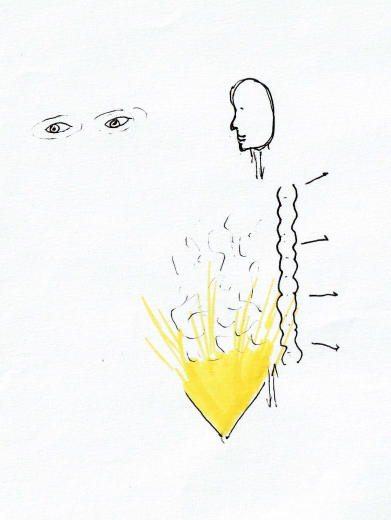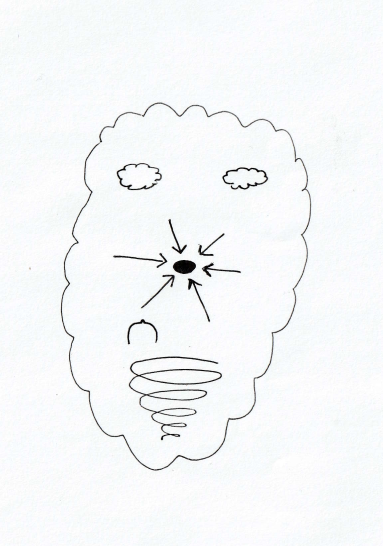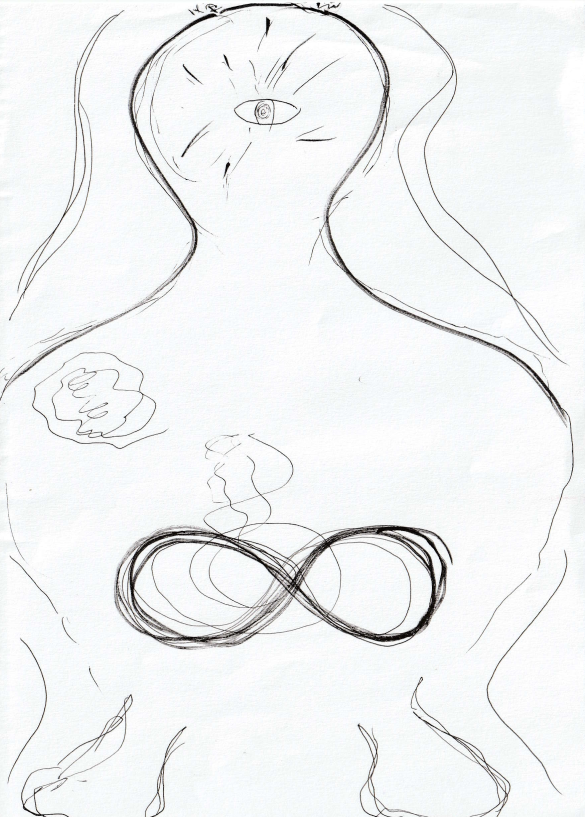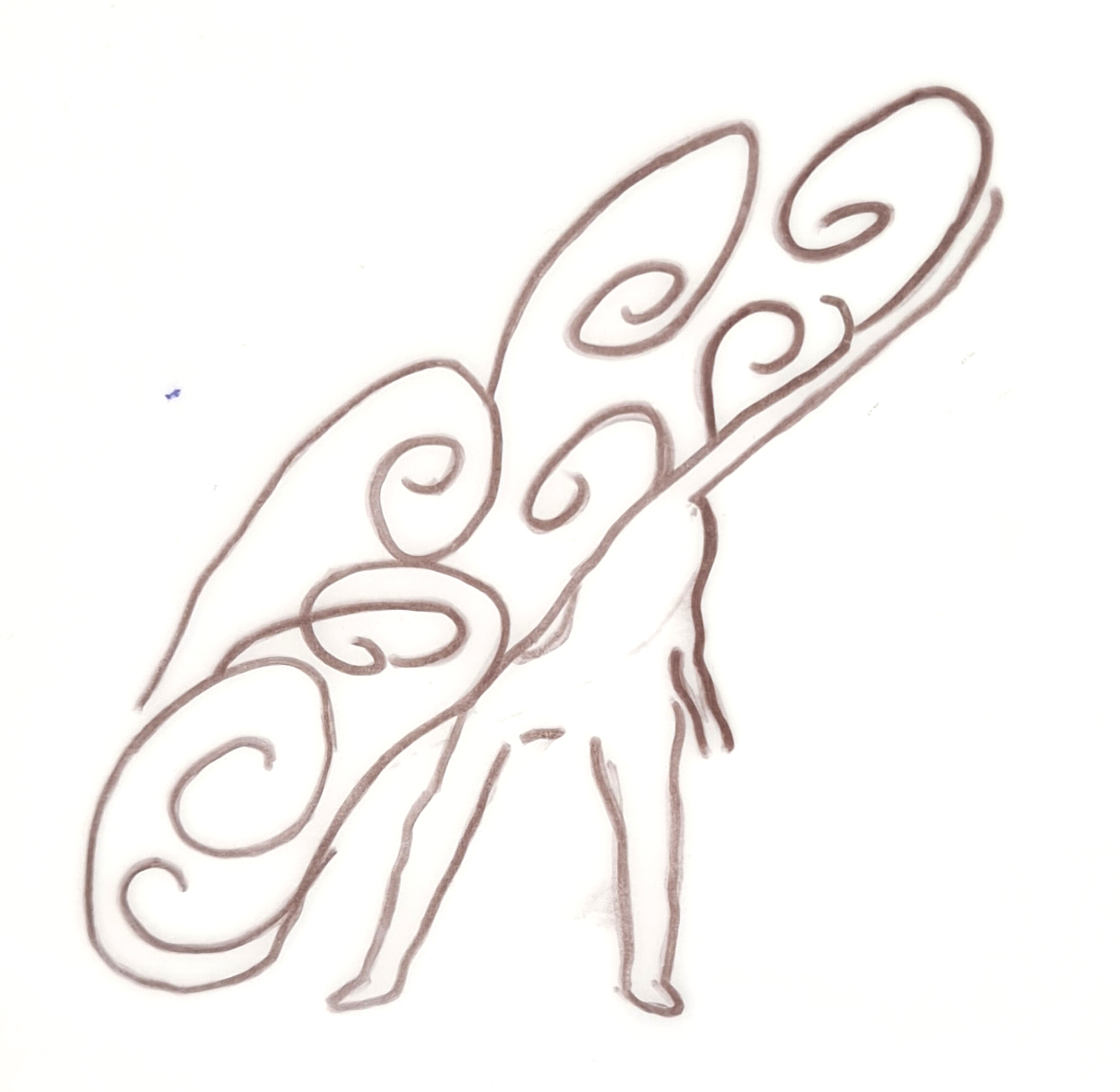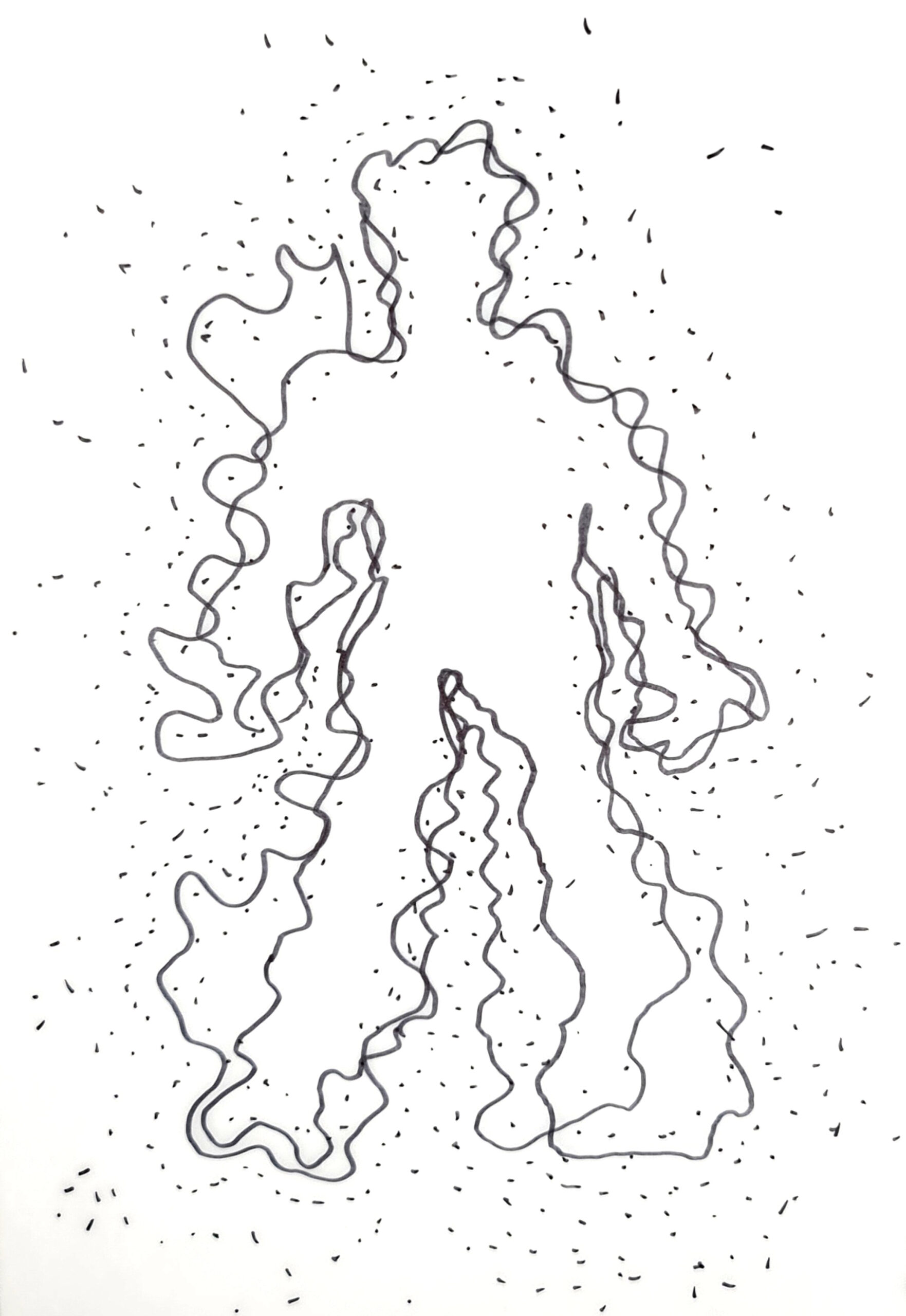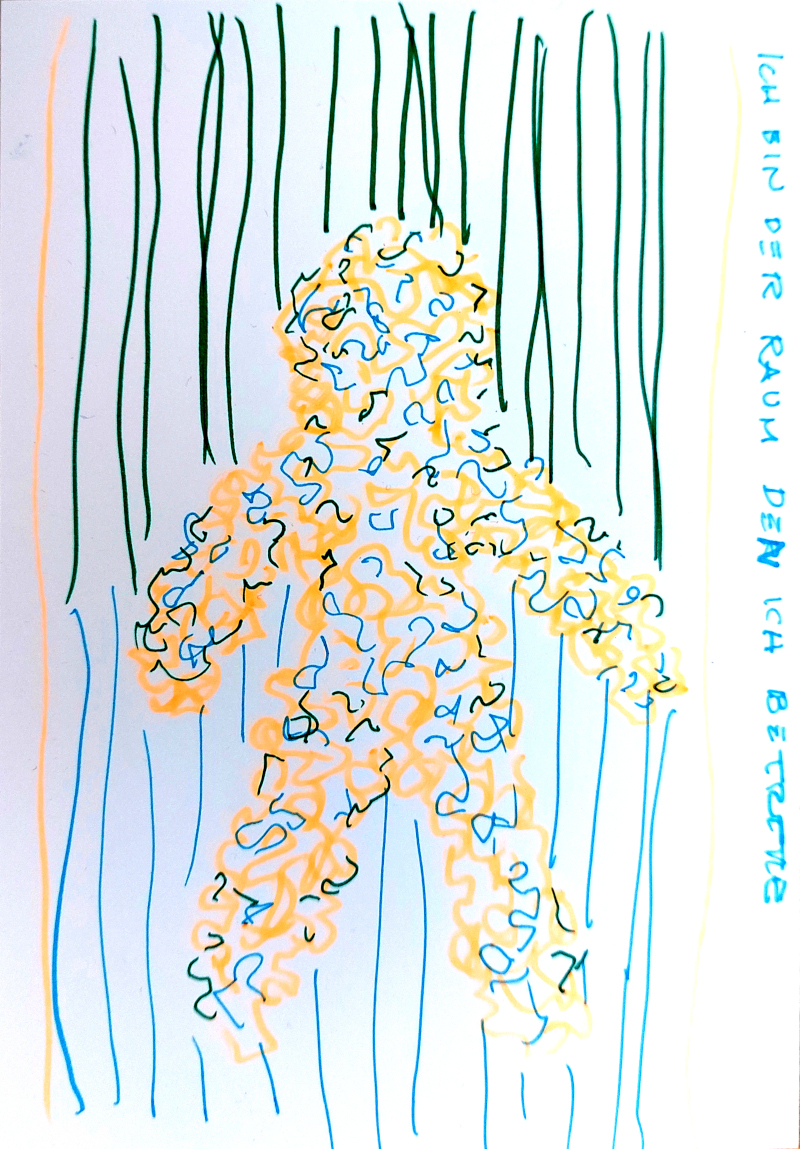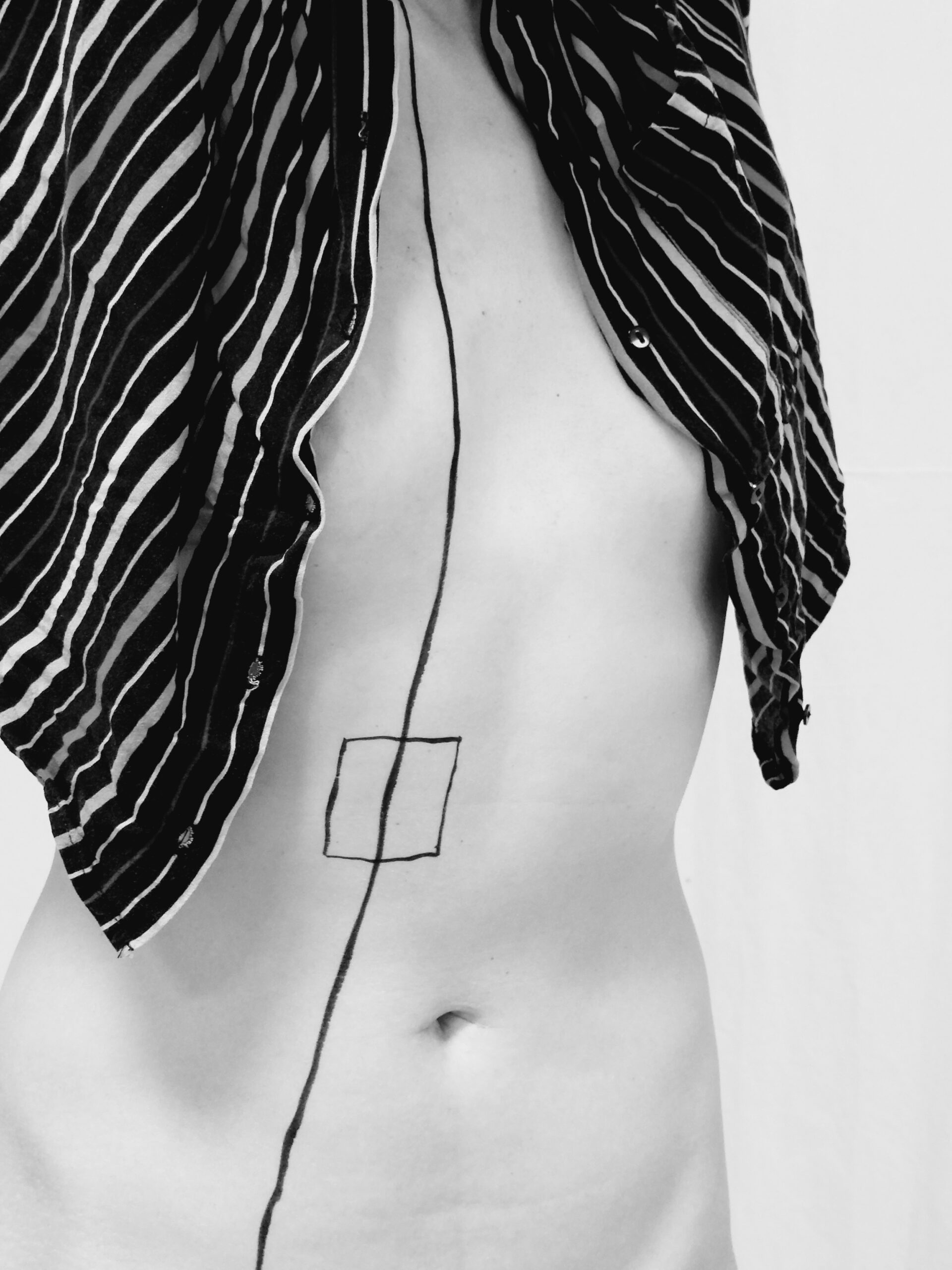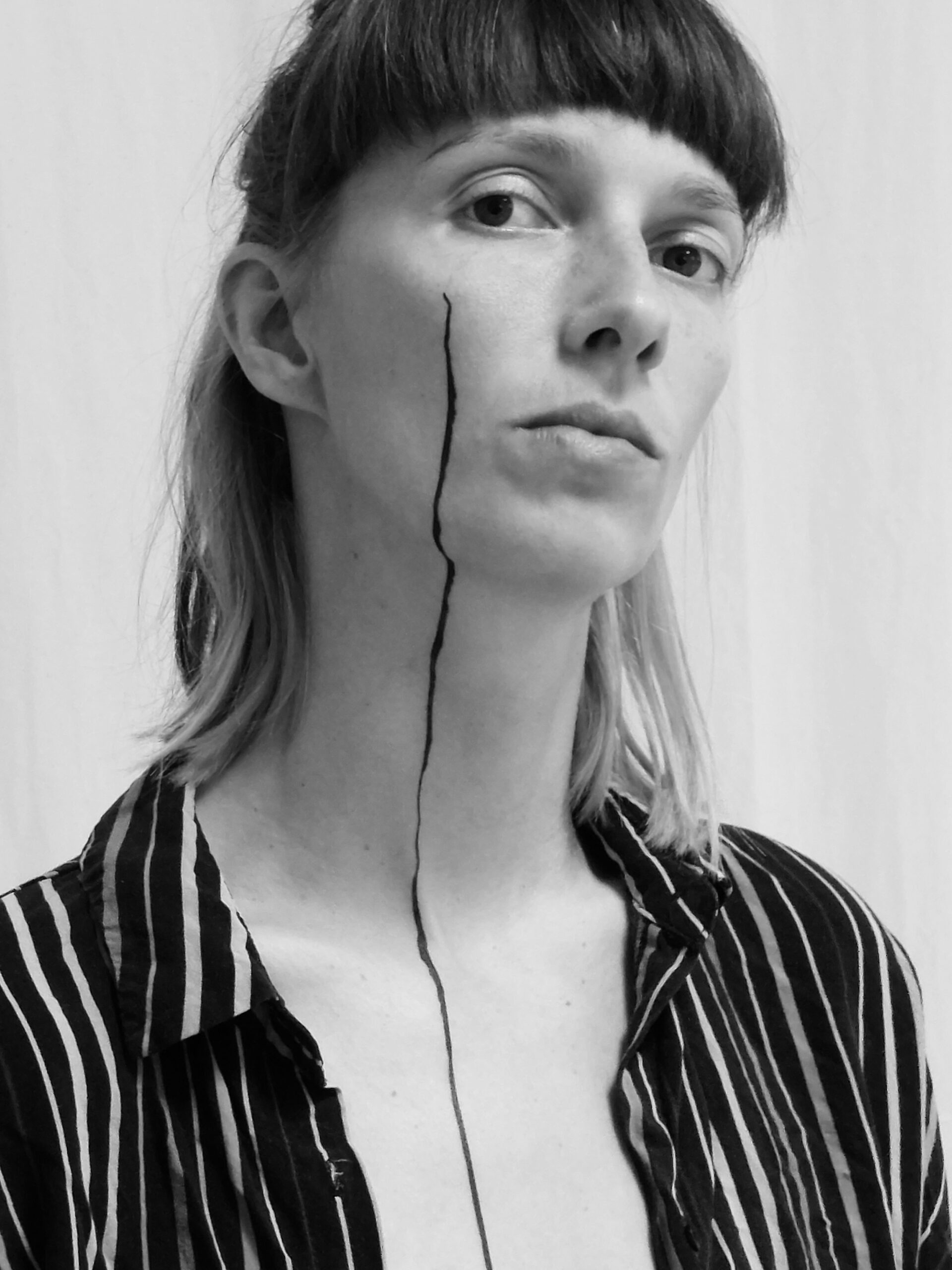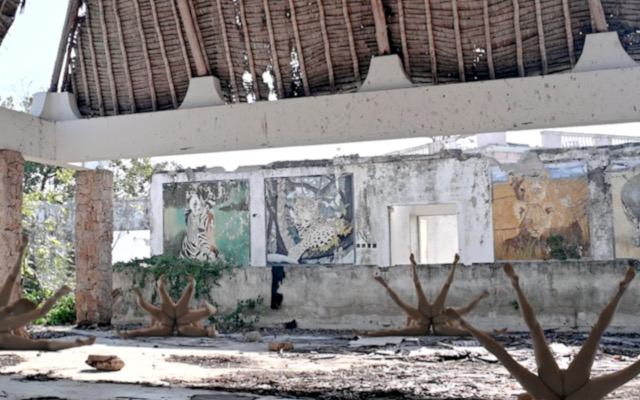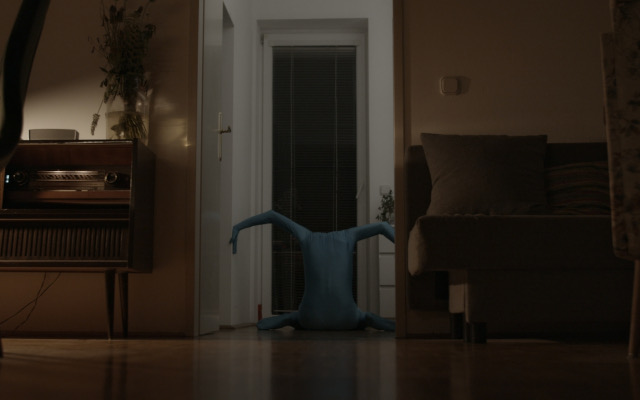RESEARCH
scholarschip 
choreographing (through) an environment
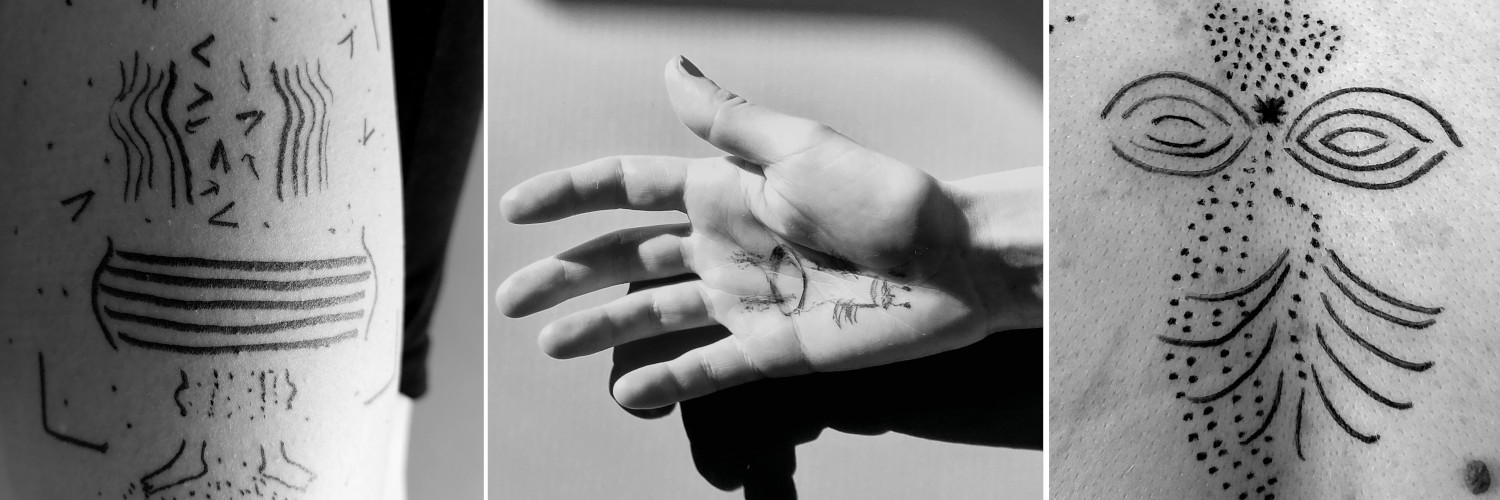
“Choreographing (through) an environment” was a practice and research frame enabled by a 3-month scholarship “Tanz- und Performance Stipendium” I received from the Ministry of Culture, Public Services and Sport in 2021.
The departure point for the scholarship was to continue research and develop further the practice I was invested in the last years, PHANTOM BODIES/REAL PLEASURES, to experiment with the choreographic methods based on this practice and eventually, to formulate the idea for a new work.
One of the aspects of the practice I concentrated on was bodily sensation and its role in different concepts of the body itself. I looked throughout selected historical, philosophical, psychogical accounts in different texts and perspectives on the topic of internal perceptions of the body. Some conceptual contexts for the practice have been, for example, neuroscientific concepts of body image and body schema, consciousness study of Antonio Damasio, the concept of dreambody in process-oriented psychology, as well a review of philosophical approaches to the sense of sensing oneself.
Scores I explored in relation to this theme followed the question of how to manifest the realms of sensation and imagery into languages or universes of movement, into presence and space, in which those could be made visible. Some scores begin simply with observing sensation and some include the unfolding images. A score I practiced daily was a kind of somatic portrait, a visualisation of the body that is sensed, and not seen. This kind of practice has references in art history, in example, the work of avantgarde choreographer Anna Halprin or 20th century Austrian fine artist, Maria Lassnig, who painted „Body-awareness-portraits”. Hybrid, deconstructed, phantastical bodies, self-designed bodies, are also subject of journey nr 21 in Stanislaw Lem's „Star diaries”. The practice highlights the aspect of human body that is shape shifting, fluent in form, multidimensional, changing, subtle, emergent, processual.
Such body is situated in a fluently relational environment. The concepts of the body, the various views and understandings of it, entail the consideration of the body in relation to other bodies and as part of the/an environment. In the course of the research I reviewed mainly two contrasting accounts how the nature of this relationship is understood. On one hand, critically viewed Hobbesian foundations for social theory that considers conflict over resources as inevitable as soon as there are two individuals. An independent individual is a idealized primary social unit. On the other hand, I read into the ideas of innate interdependence of all life present in example in Native science of North America, Eastern thought and Western relationalism, where the primary social unit is a relation, in which the individual exists in complex net of conditions, causes, interrelations with the environment and others. In these philosophies, the separation between me and the other, me and the object, me and space, is illusionary and conventional through language. In the process I tried to observe how these ideas are embodied or conditioned into the body, as well as experimented with different dance scores that would allow the symbolic or ritualistic practice of the ideas of interdependence, permeation, reflection, participation within itself.
The research has been conducted through individual practice and reading sessions, practice and exchange sessions with invited peers as well some group experimentation sessions. As in PHANTOM BODIES/REAL PLEASURES, important part of the process, documentation of the experience and notation of the dances, are the drawings.
Peers and contributors: Sonia Borkowicz, Anna Jurek, Adriana Torres, Alja Ferjan, Aga Pędziwiatr, Simon Fleury, Andrea Maria Handler, Ariathney Coyne, Samer Alkurdi, Izabela Soldaty, Juliana Vargas Rodrigues, Julio Escudero, Gabriela Gordillo, Anna Nowicka.
Timeframe: September 2021 until May 2022
Supported by: BMKOES Austria
choreographing (through) an environment
works
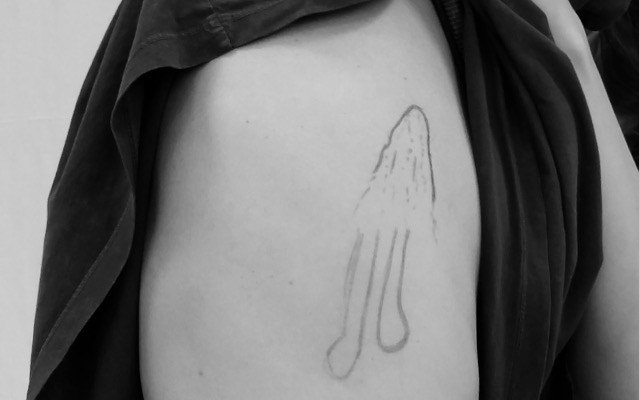
Choreographing (through) an environmentpractice & research
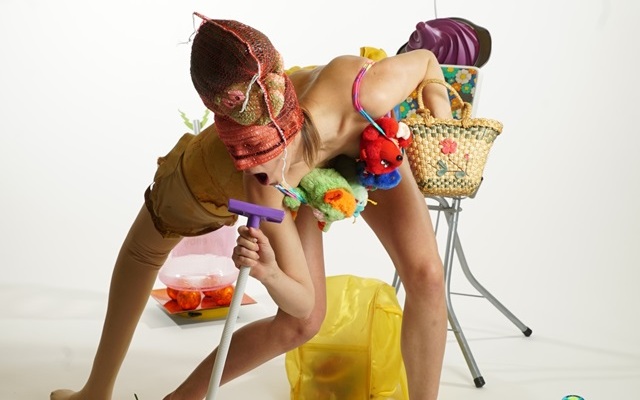
The future is passéphoto-utopian series
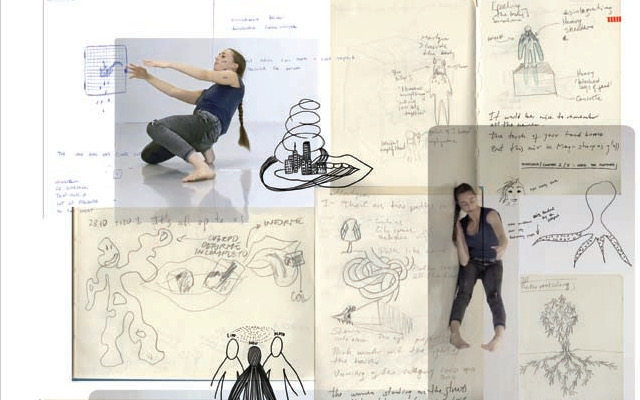
rozdIlovI (2021)video
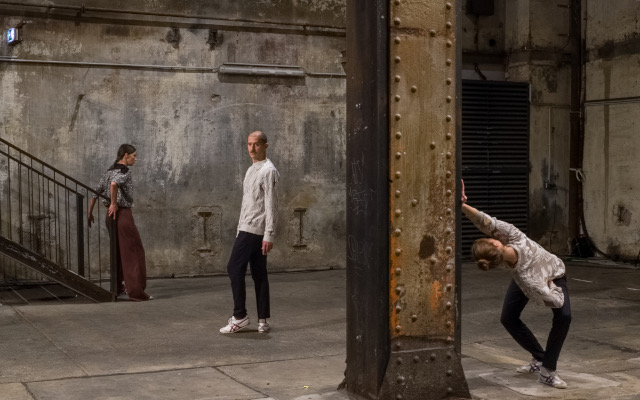
Encounters (2020)durational performance (streaming)
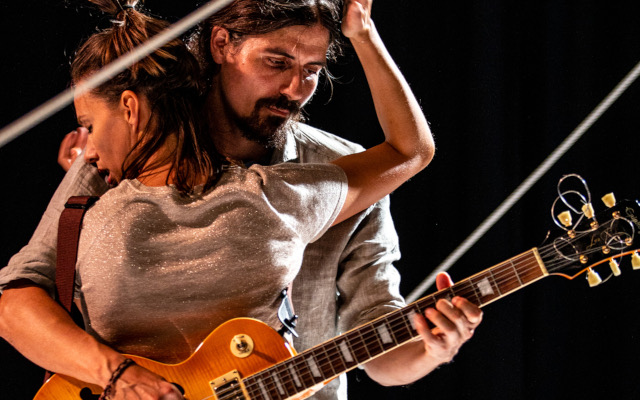
On how to deal with a human (2020)performance
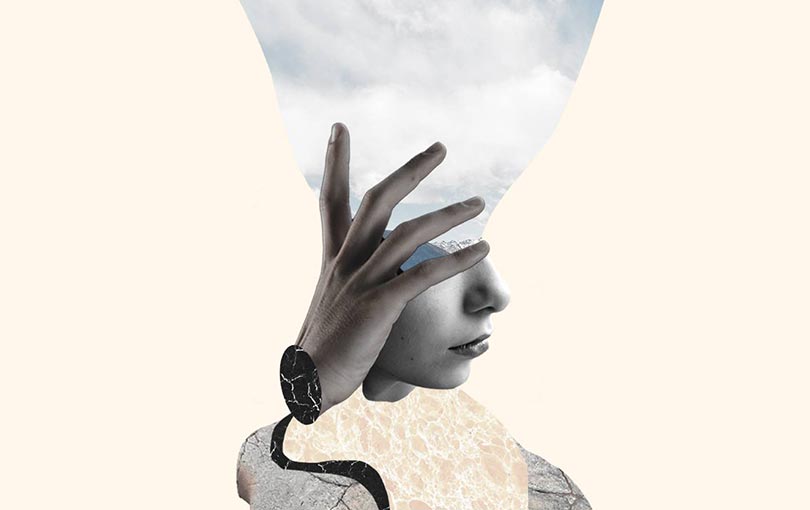
A feeling that this is the case (2019)performance
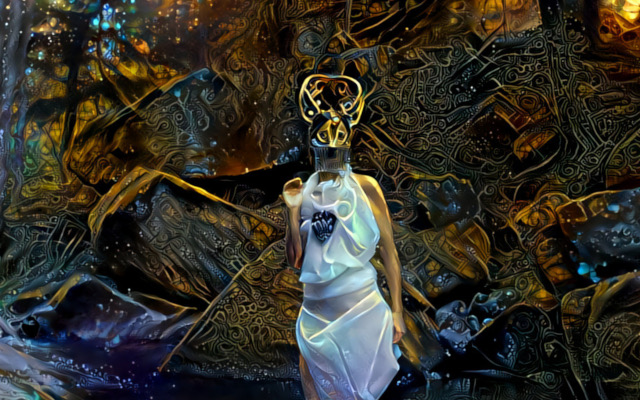
IXo-9 (2020)video installation
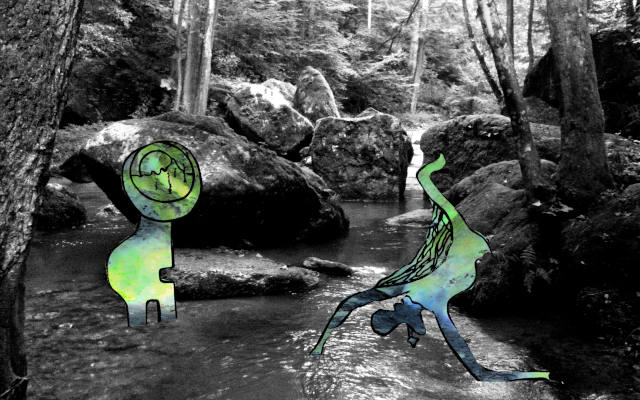
Garden of desires (2018)performance in a lecture setting
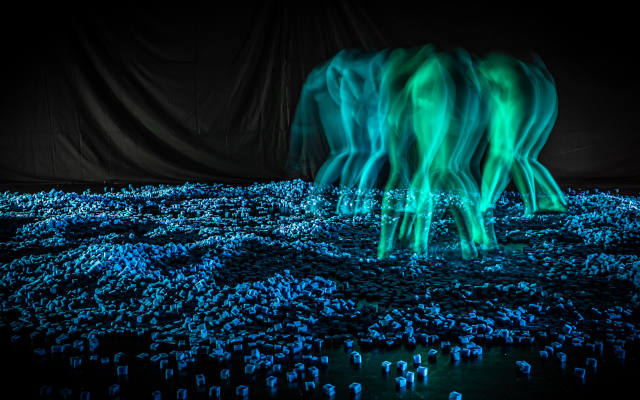
Hydraosperformance
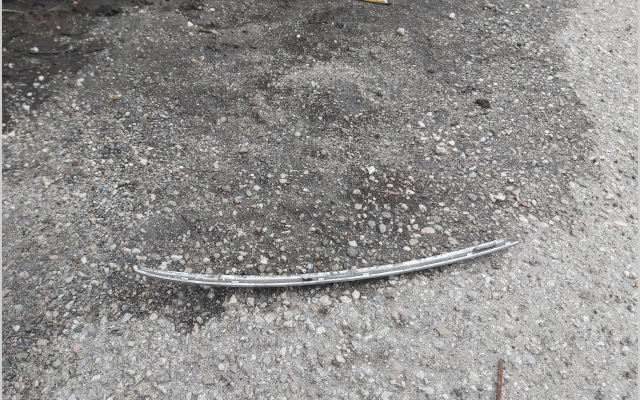
Beton (new)performance
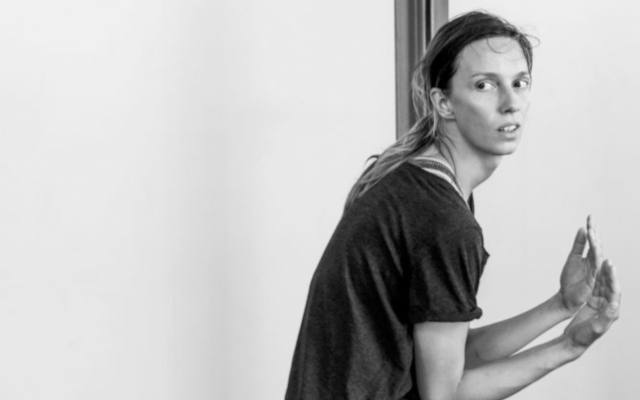
Negotiations (2018-2019)durational performance
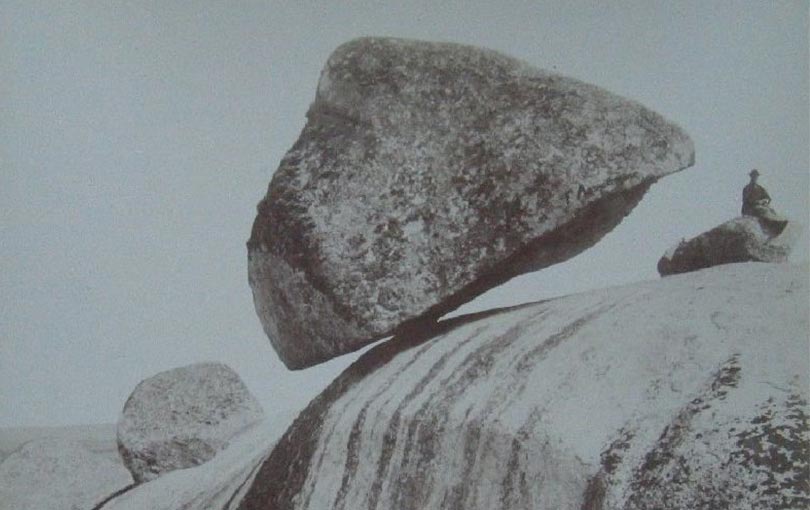
TRWANIE (2019)durational performance
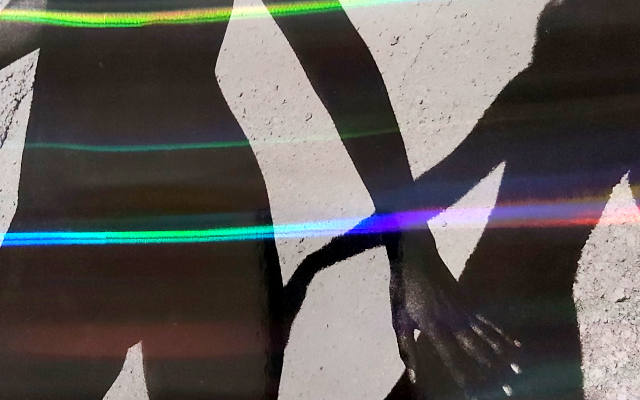
Into touch. Phantom bodies' universes (2019)lecture-performance
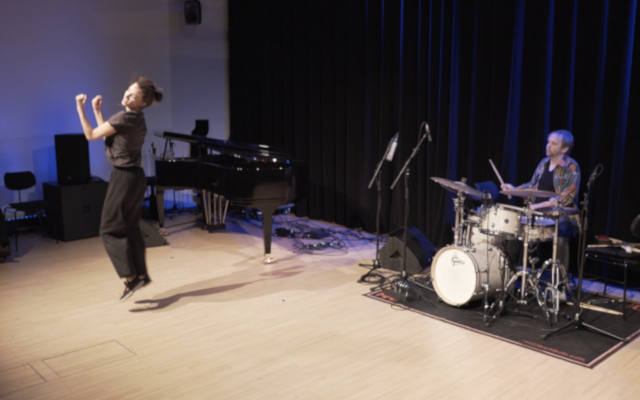
Doggy dreams (2019)improvisation performance
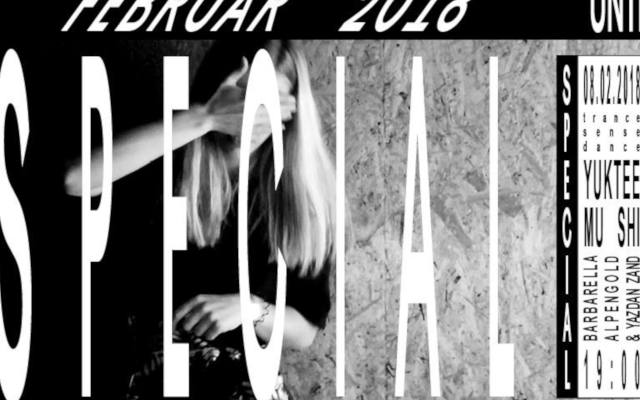
Trance.Sense.Dance (2018)explorative club session
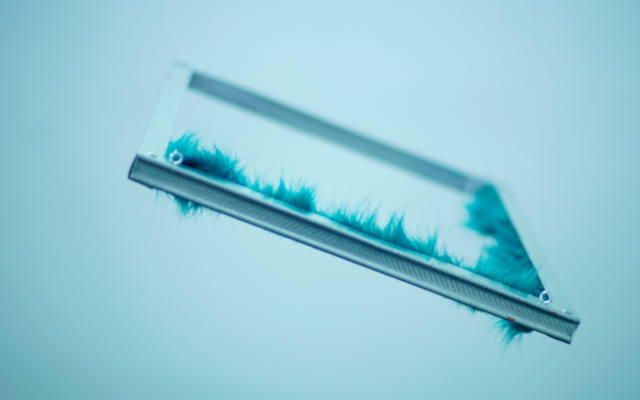
Garden of desires @ MEMPHIS MEMPHIS (2017)exhibition & performance
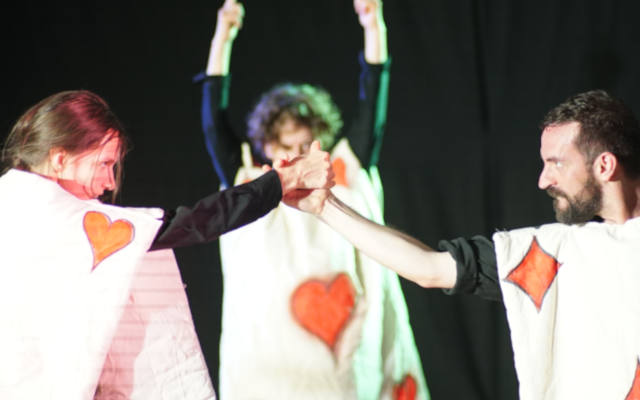
All about Alice (2018)performance for young audience
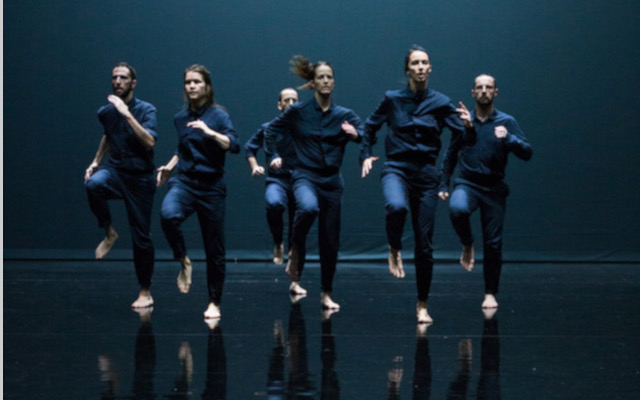
(T)here and after (2016)performance
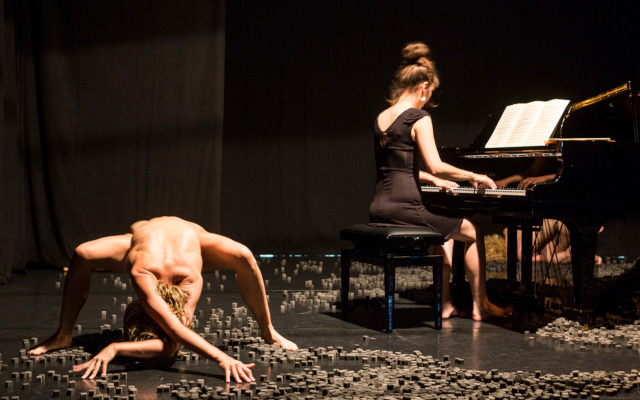
Close-up 2.0 (2017)performance
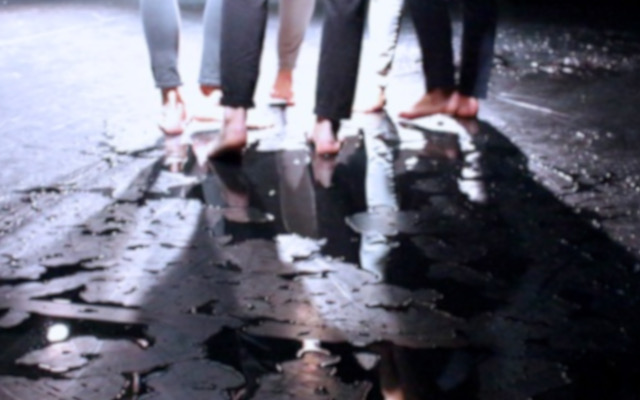
4only (2017)performance
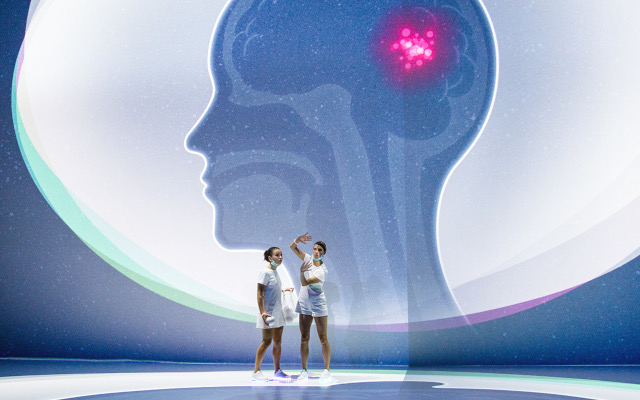
Rhinospider (2016)video
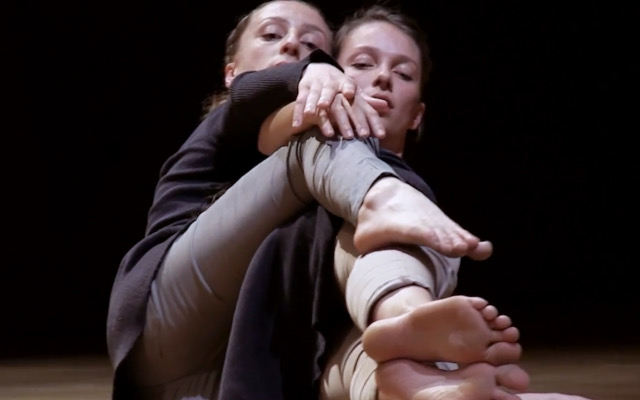
Apollon Musagète (2016)performance
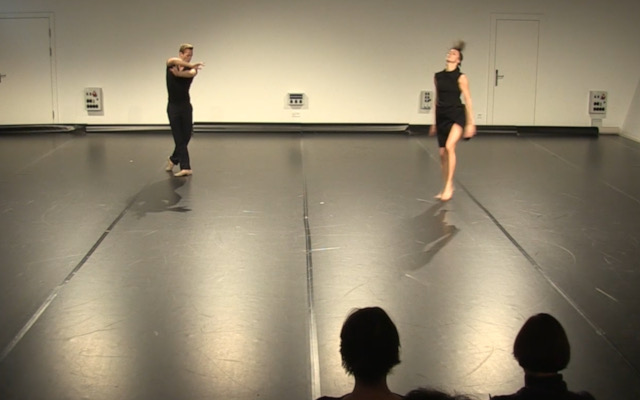
Expansion of the moment (2016)performance
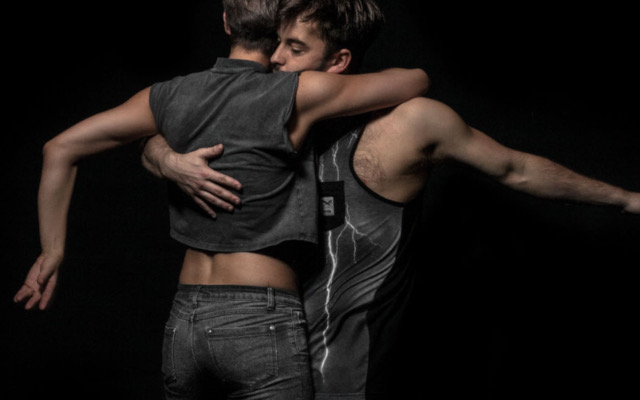
Love & delay (2015)performance
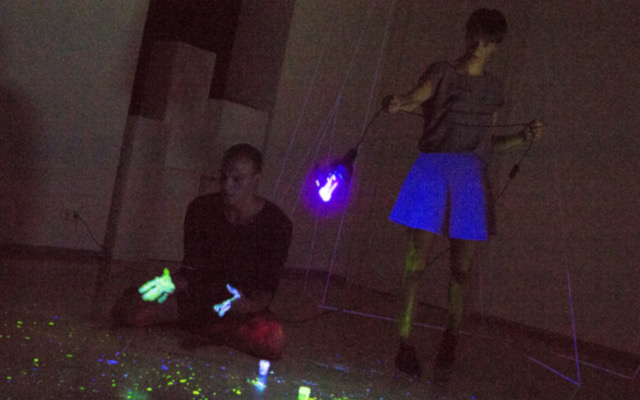
WYSIWYG (2014)performance
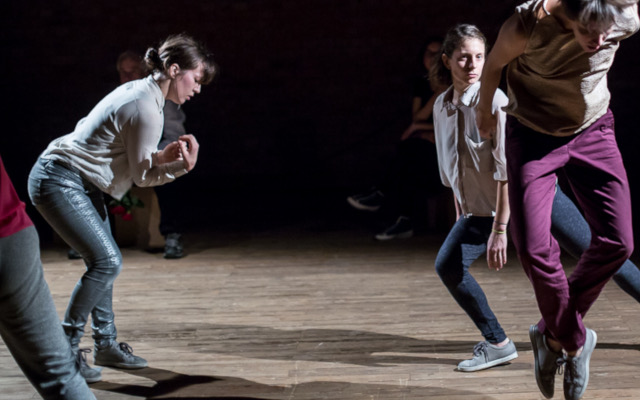
Back to Bone (2014)performance
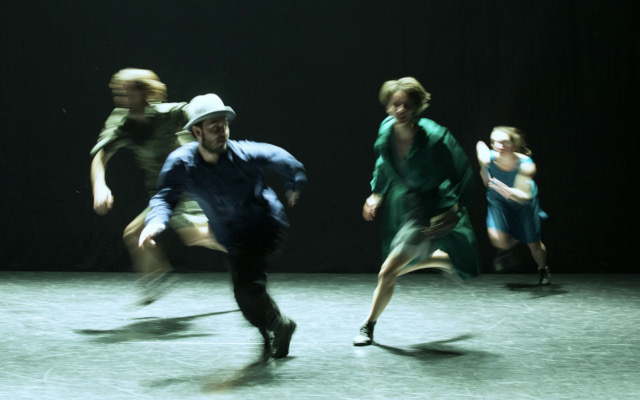
Instant (2014)performance
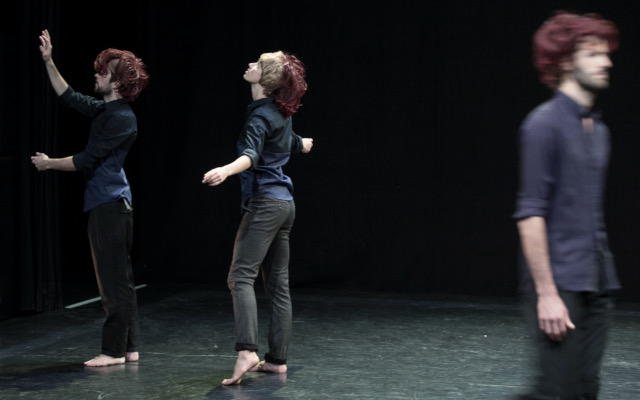
4plus1 (2014)performance
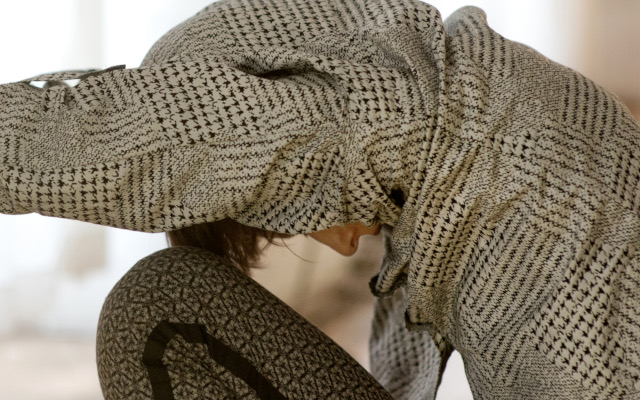
Multiple two (2013)performance
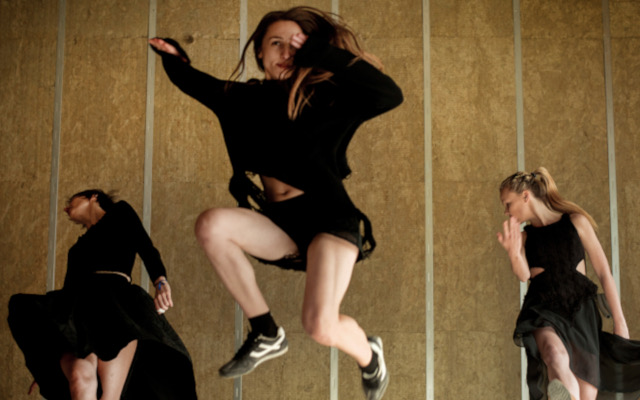
Ysaye Project (2013)performance
MARTYNA LORENC
